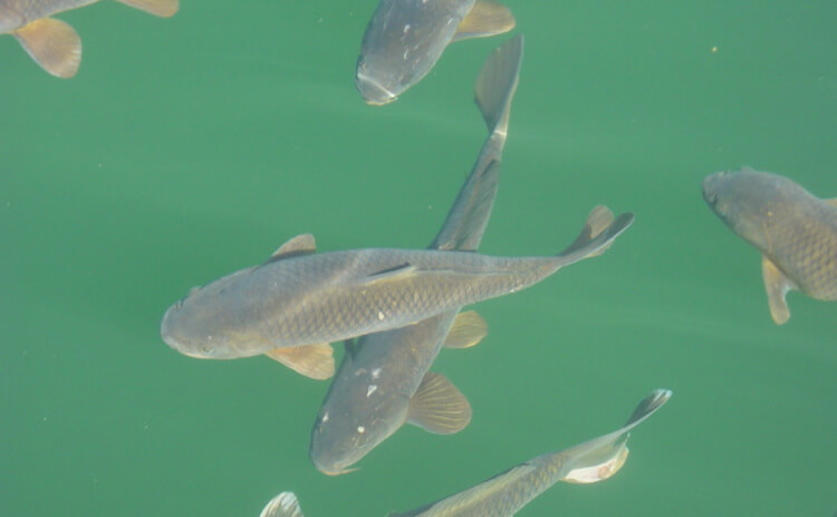
This archived news article is over 5 years old.
Specially-bred “Mirror” Carp Quickly Regained Their Scales Through Natural Selection
Elizabeth Fox
24th August, 2016


Elizabeth Fox
24th August, 2016
